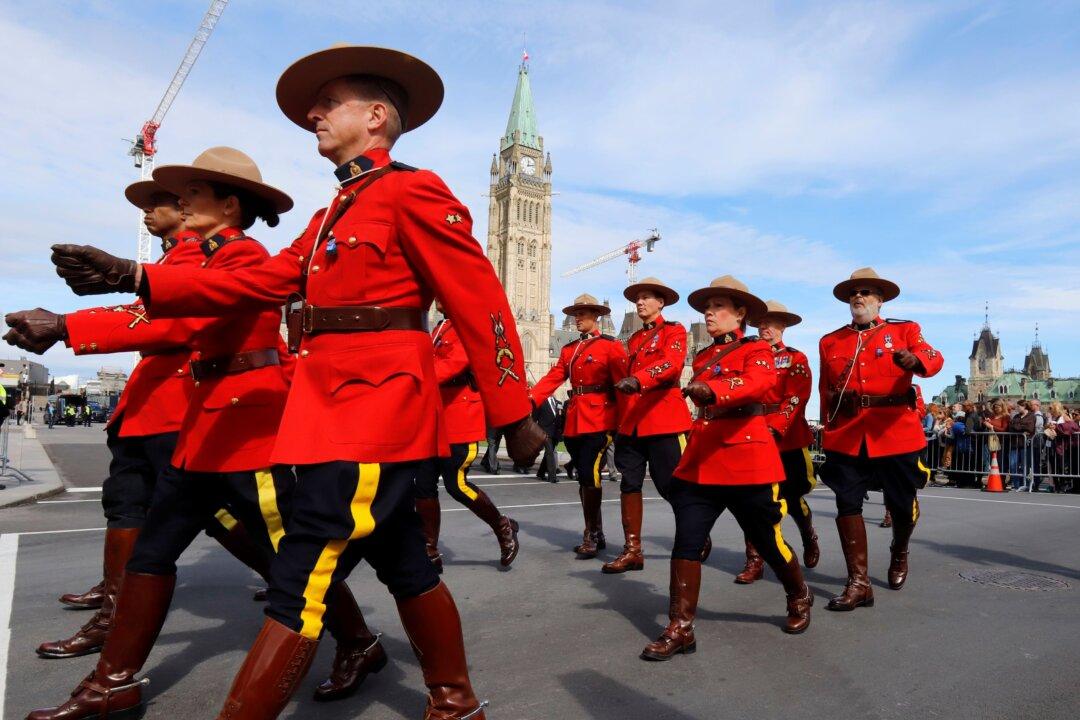The federal police force says it’s facing recruitment challenges while at the same time dealing with the departure of regular members at high rates over the last decade.
“While there has recently been an increase in departures relative to historical averages, it is likely that this is a ‘catch-up,” as 2020 saw far fewer retirements than would normally be expected,” RCMP spokesperson Kim Chamberland told The Epoch Times.





